The advancement in technology has brought with it a lot of good. Companies have been formed and wealth created in a little over a decade. Most of these companies are in the technology space. It is therefore not surprising that most people cannot tell the difference in functionality between a website Vs social media site. Moreover, many are not sure which is better for their business.
Businesses with a say, a Facebook, linked in or twitter account believe it’s just as good as having a website. To help us understand, we will look at the key differences between a website and a Social media account.
I have had to deal with this question on a regular basis from both readers and clients. The question is usually framed in this manner: I communicate with my customers and sell my products on social media because many people are on social media, why do I need a website?
First all, a website is part of the key prerequisites in your digital growth journey. I covered this subject great lengths in my earlier article here: other ways to grow your online brand. Let us expound on the different platforms and why you need one or both in your brand evolution journey.
Social Media
Social media is any platform that allows people to interact or communicate through text, audio and video. Examples of Social media platforms include: Facebook, Instagram, LinkedIn, Twitter, Snapchatt, Pinterest, TikTok and YouTube.
Advantages of social media to businesses
Large Audience
Social media platforms serve multiple user needs. Some users join social sites for the laughs, to grow their personal brand, meet new people and share their opinions and views of the world publicly. Others join these sites to get public affirmation while some are on social media platforms to learn new things. This means as a business, you will likely appeal to all users with your content or product. You therefore need to know how to capture the right demographic that fits your product or service. You can even partner with other businesses or influencers to help sell your services easily.
Easy to set up and join
You do not need to be a tech expert to create a social media account. The steps are leading and direct.
It is free:
Joining social sites does not cost you anything just your time. You can grow your following organically with zero cost by having engaging and captivating content. For a business, once you are set up the only costs you are likely to incur will be for marketing purposes and not necessarily maintenance.
Website
Think of a website like an online business premise. What you would have in your physical office like description of your business, location and contact details, products or services on offer and even a customer care desk will in one way or another be on your website. These items may take different forms but they can be made to mirror a physical premise experience.
Advantages of having a website
Great for Referrals:
Your satisfied customer is your best and most effective marketer. Most people engage with new business and products on referral basis. Think about the last time you bought a new item (phone, car, clothes, cosmetics etc.), you asked your friend who you deem knowledgeable in the subject matter to advise on who and where to buy from.
In such instances, a website helps add to your perceived credibility as the potential customer can cross check the information they have been given with what they see on your website. They also have the opportunity of learning more about your business and other services you offer that they may need in future.
Similarly, if someone heard about your company in passing, they will most likely Google it or use any of the available search engines to learn about who you are and what you do. If you have a website you can be easily found.
More customizable
You can customize your website design and functionalities to fit your business or brand. Unlike the social media sites where you have to use the layout and functionalities as they are, a website gives you the freedom to tweak the layout to fit you brand, respond better to client needs and guarantee customizable and improved user experience.
If your product requires multiple steps before a customer can purchase your service like say, knowing their size, brand and preferred color, then the website or e-commerce platform will give you this flexibility.
Growth in brand identity.
Social media is a crowded space. As a small business, you will likely never outspend your competition in advertising resources but you can create your own niche by pulling your customer out of the crowded market space to your own. Potential clients will start noticing you for the services you provide.
Some clients are also still keen on dealing with businesses on a formal level. Therefore use of cooperate email (comes with most website packages) gives clients confidence in their dealings with your business. If you need a website, check the article below to know the right questions to ask a web designer
Website Vs Social Media – Which Is Better For Your Business?
You need Both
Having both the website and social media accounts will help your growth process as these two complement each other more than they compete. Having known the difference between Website Vs Social Media lets look at how you use one to grow the other.
Digital brand growth
You cannot consistently share everything related to your business through our social media account because of how the platforms are designed. Social media is at the very core an engagement tool and therefore it is designed around making the engagement experience pleasant. This therefore means that once you post in the morning one product, unless you do it in the evening and every other day, it will be lost in the conversations. Even if you manage to keep the posts continuous, it is a hectic endeavor. You can work with this understanding and use social media to direct your users’ traffic to your website.
On the other hand, having your social media account icons on your website allows your visitors to easily share of your page and products. This allows you to grow both your website traffic and social media following.
Customer Retention:
While social media easily attracts users, customer retention is hard. You can use this strength and connect your users to your website increasing the chances of conversion and retention. As Customers transact through your website, they share their data including contact information, preferences and interests. You can use this information for future targeted marketing on any future discounts, and new product stocking.
Efficiency and effectiveness
The idea is to leverage on the strengths of both digital platforms to get the most value for you and your customers. While you use your social media to market highlighted products, the website will have all available products well catalogued with different color variations, prices, sizes etc.
You will therefore not need to bombard your customers with multiple images and texts instead, with a single link the client can access different variations of the product they are enquiring on with all the relevant details displayed. This tool allows you to serve multiple customers with a high turnaround time allowing you to work more efficiently.
Useful data:
You can track your conversion rate from social media sites to your website. This will help in your future marketing efforts. As mentioned above, the data gathered by both sites allows you to employ targeted marketing and to reach the right audience.
Conclusion
You don’t have to choose one or the other. You can use social media platforms as a marketing tool to reach new audiences and direct them to your website. Then through your website, you can use the appealing design and functionality to improve your users’ experience and retain customers. The data gathered from both platforms is invaluable in growing and sustaining your digital brand.
So having read the article, would like to ask ; website Vs social media, which is suitable for your busines? Comment below.

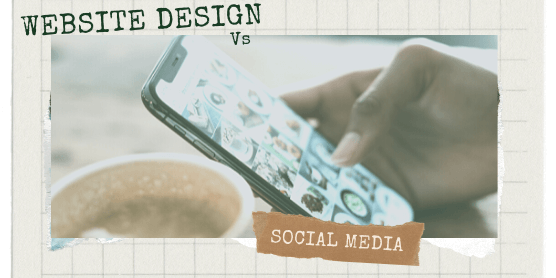
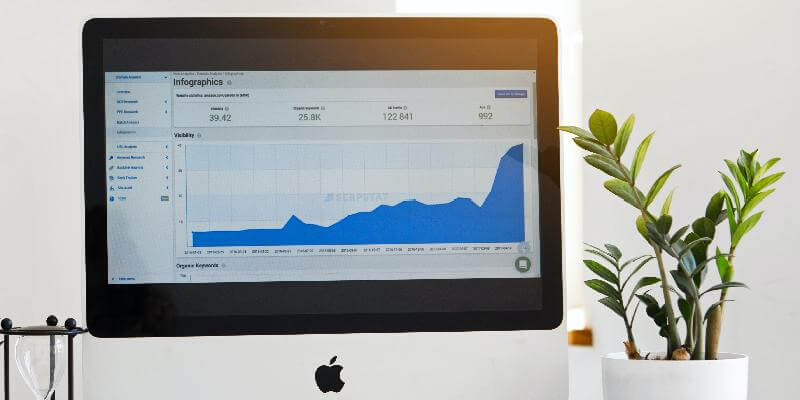
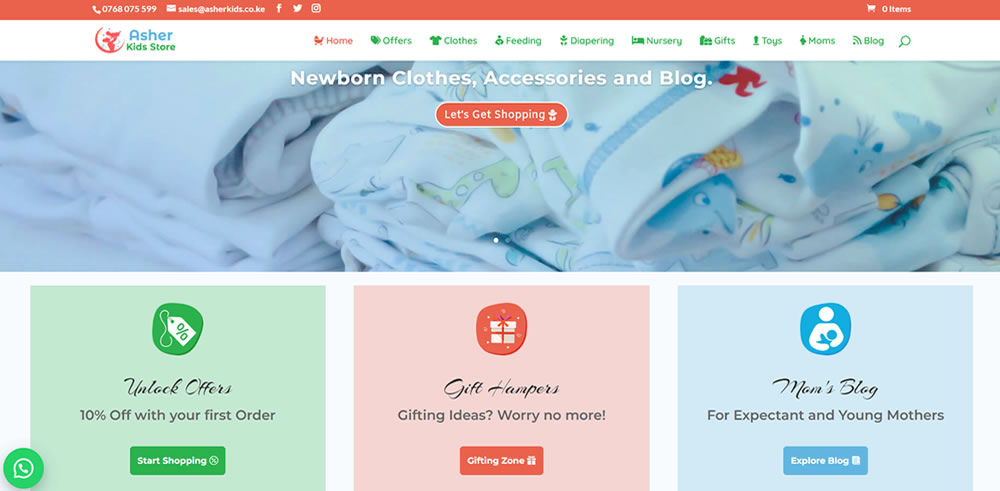
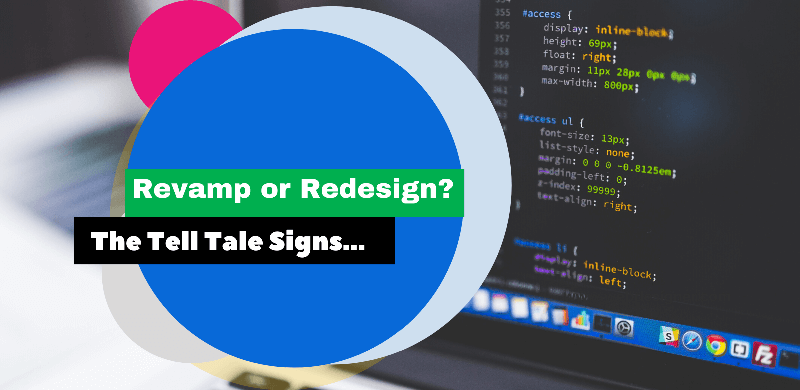
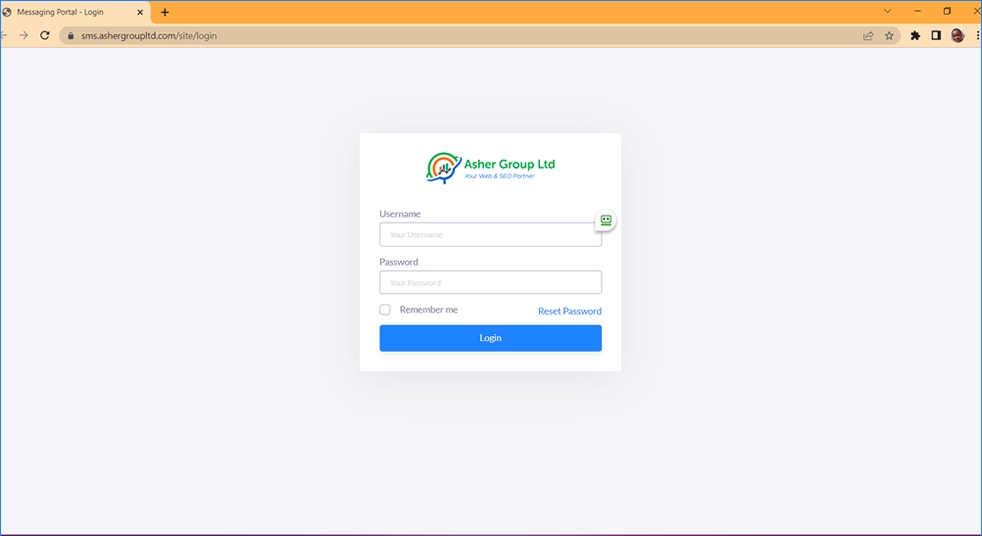
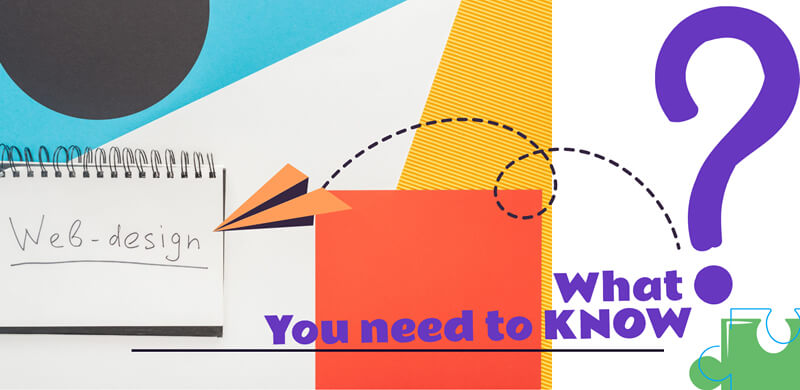

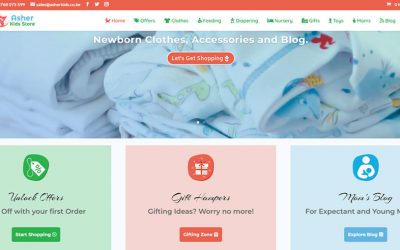


0 Comments